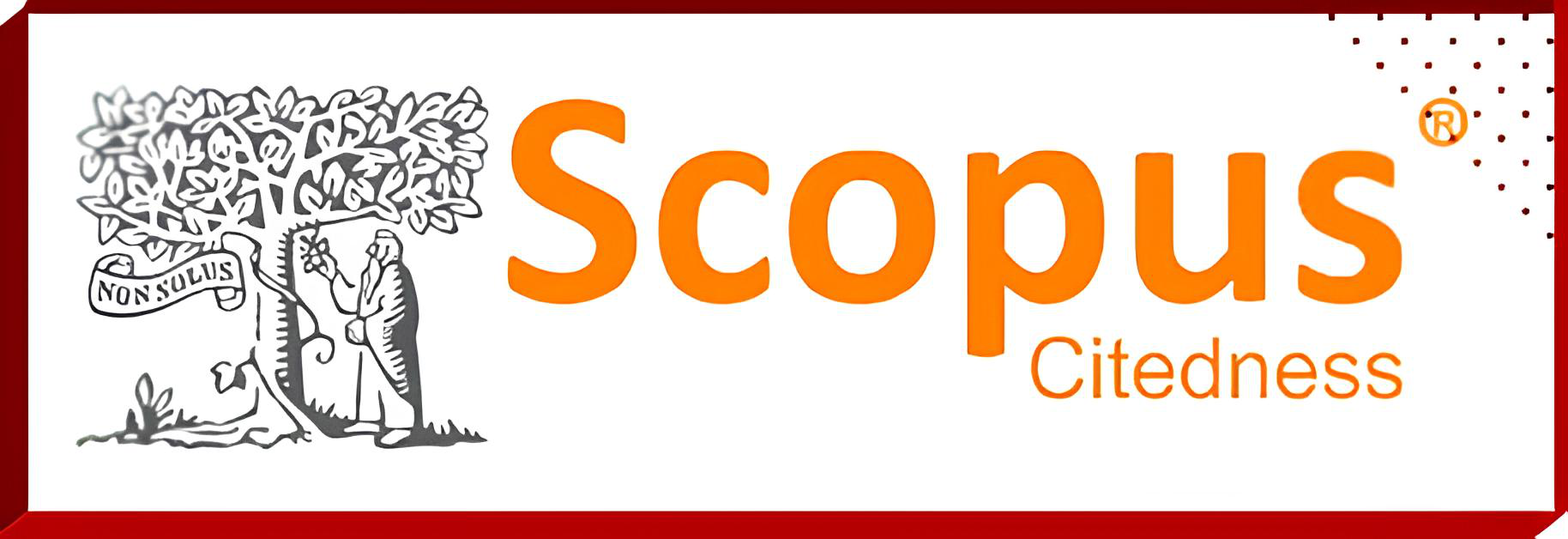Fakta-Fakta Sosial dalam Lagu-Lagu Madura sebagai Pendukung Pemahaman Wawasan Budaya bagi Siswa SMA
 Abstract views: 85
,
Abstract views: 85
,
 PDF downloads: 45
PDF downloads: 45
Abstract
Study of the social facts contained in Madurese songs can contribute to developing an understanding of cultural insight, especially Madurese culture. This research aims to examine the social facts contained in Madurese songs and how these facts can support the understanding of cultural insight for high school students in Madura. The approach in this research is a qualitative approach. This research using qualitative methods aims to thoroughly understand the characteristics of the side effects felt by the research subjects. The research results in this study are divided into two, namely material and non-material social facts. However, the data produced in material social facts does not exist. Meanwhile, non-material social facts received 13 data consisting of morality, collective consciousness, collective representation and social flows. The social facts that appear in the 7 Madura songs are non-material social facts. These Madurese songs contain non-material social facts consisting of morality, collective consciousness, collective representation and social flows. The results of the analysis of non-material social facts contained in these songs can be used by teachers to be used as teaching material in learning in Phase F so that they can support the understanding of cultural insight for high school students.
Downloads
References
Arif, A. M. (2020). Perspektif Teori Sosial Emile Durkheim Dalam Sosiologi Pendidikan. Moderasi: Jurnal Studi Ilmu Pengetahuan Sosial, 1(2), 1–14.
Dzarna, D., Hima, R., Rahmawati, E. N., & Asmy, E. J. (2022). Lagu Madura Sebagai Media Pengenalan Budaya (Tinjauan Wacana Kritis). CaLLs (Journal of Culture, Arts, Literature, and Linguistics), 8(2), 147–160.
Efendi, A. N. (2019). Gendhing Pepeling: Media Dakwah Melalui Budaya Lokal Masyarakat Jawa. Religious: Jurnal Studi Agama-Agama dan Lintas Budaya, 4(1), 29-37
Effendy, M. H. (2021). Penampilan etnik madura dalam Realitas Sosial. Jakad Media Publishing.
Faraby, M. E., & Faiza, S. I. (2014). Etos kerja pedagang etnis Madura di Pusat Grosir Surabaya ditinjau dari etika bisnis Islam. Jurnal Ekonomi Syariah Teori Dan Terapan, 1(3), 178–193.
Fitriyono, A., Yuniar, D. P., & Anita, R. (2023). Children Song Of Madura sebagai Media Promosi Pariwisata Madura. WISDOM: Jurnal Pendidikan Anak Usia Dini, 4(2).
Guntoro, M., Kurniawan, Z., & Rosalina, M. (2022). Cultural Heritage And Creative Arts Development. Barakuda 45: Jurnal Ilmu Perikanan Dan Kelautan, 4(2), 274–280.
Ibadurrahman, M., & Annawiyah, A. (2023). BUDAYA ANDHAP ASOR MASYARAKAT MADURA SEBAGAI TRANSFORMASI PENANGGULANGAN PERILAKU MENYIMPANG. Karaton: Jurnal Pembangunan Sumenep, 3(1).
Ibrahim, D. (2015). Penelitian kualitatif. Journal Equilibrium, 5, 1–8.
Jamsari, N. (2024). Pentingnya Pengembangan Wawasan Nusantara dalam Strategi Menjaga Budaya Indonesia. Souvereignty, 3(2), 97–101.
Karmadi, A. D. (2007). Budaya lokal sebagai warisan budaya dan upaya pelestariannya.
Mahmud, R. (2018). Social As Sacred Dalam Perspektif Emile Durkhem. Tasamuh, 15(2), 111–116.
Masluhah, M., & Suryani, S. (2022). Gambaran kekuatan karakter perantau etnis Madura yang sukses. Jurnal Psikologi Islam Dan Budaya, 5(2), 71–84.
Miles, M. B., & Huberman, A. M. (1994). Qualitative data analysis: An expanded sourcebook. sage.
Prastiwi, M. I. (2016). Pendidikan Masyarakat Pesisir: Rendahnya Pendidikan Di Madura Akibat Minimnya Peran Serta Masyarakat. Madura, 2045, 85.
Puspitasari, F. N. C., & Fauzi, A. M. (2023). Modal Sosial Pedagang Toko Kelontong Madura di Perantauan. Paradigma, 12(1), 241–250.
Sukoyo, J. (2017). Efektivitas lagu-lagu berbahasa jawa untuk menanamkan nilai-nilai karakter siswa. Jurnal Kependidikan, 1(2), 163–173.
Syamsuddin, H. M. (2019). History of Madura: Sejarah, budaya, dan ajaran luhur masyarakat Madura. Araska Publisher.
Syarif, M., & Jakfar, A. A. (2019). Strategi pengembangan pendidikan untuk meningkatkan kualitas SDM di Madura pasca pembangunan Jembatan Suramadu. Jurnal Pamator: Jurnal Ilmiah Universitas Trunojoyo, 12(1), 17–22.
Taufiqurrahman, T. (2007). Identitas Budaya Madura. KARSA Journal of Social and Islamic Culture, 1–11.
Copyright (c) 2025 GHANCARAN: Jurnal Pendidikan Bahasa dan Sastra Indonesia

This work is licensed under a Creative Commons Attribution-ShareAlike 4.0 International License.
Ghancaran: Jurnal Pendidikan Bahasa dan Sastra Indonesia uses an Open Access Policy under the Creative Commons Attribution-ShareAlike 4.0 International License. Authors publishing in this journal agree to the following terms:
- Ghancaran Journal holds the copyright and grants the journal rights for first publication with the work simultaneously licensed under a

The work is distributed under Creative Commons Attribution-ShareAlike 4.0 International License which allows others to share, copy, and redistribute the material in any media or format and adapt, remix, change, and develop the material even for commercial purposes, as long as it is stated credit and license derivative works under similar terms. - Authors may make additional contractual arrangements for non-exclusive distribution of the journal's published work version.
- Authors are permitted to post their work online (e.g., in institutional repositories or on their websites) before and during submission, as doing so may lead to productive exchange.


















